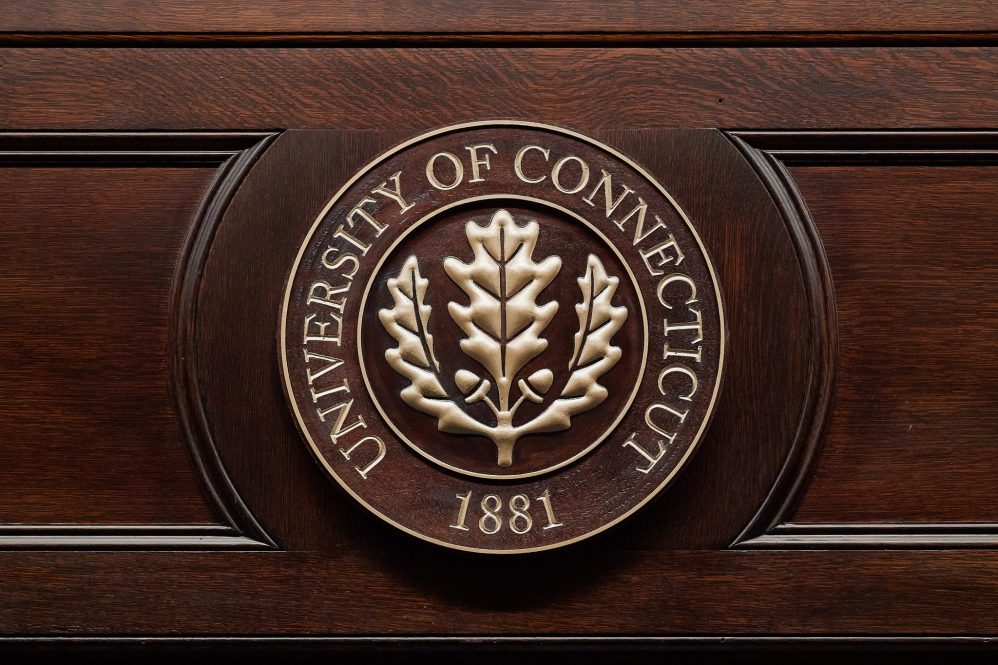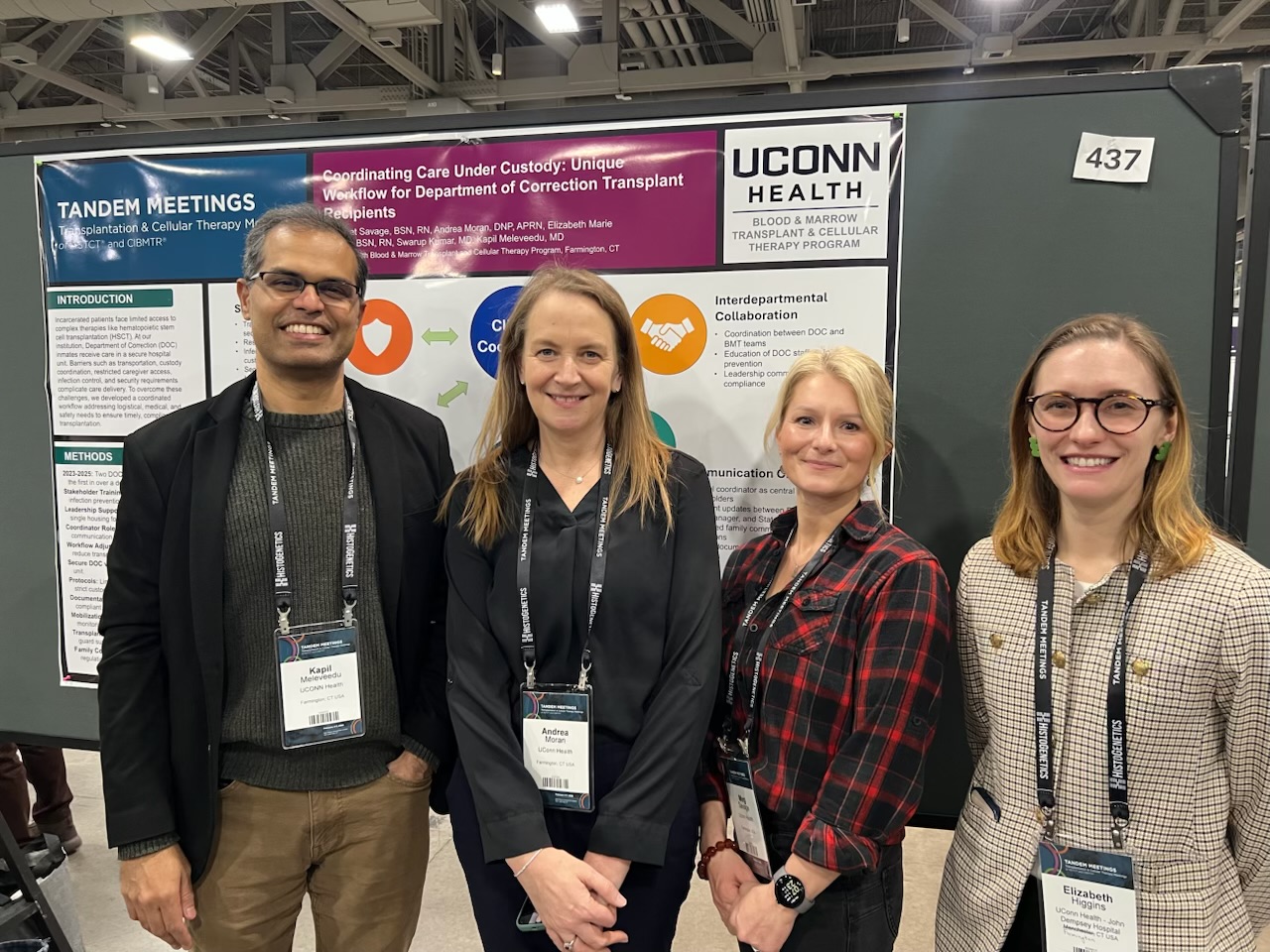Dear Colleagues,
We write today to update you on two key issues, both of which involve assembling and reviewing substantial amounts of data related to the university and its operations, which have been the subject of discussions within the university community, particularly among faculty.
The first is the ongoing evaluation of low completion/enrollment academic programs across the university, which began earlier this year.
The second is a new panel called the Higher Education Financial Sustainability Advisory Board, which was created by a state law that took effect on July 1.
On the first: earlier this year, the provost’s office initiated a comprehensive review of low-enrollment and low-completion programs. This is not new work in the provost’s office, which is charged with the review of academic programs across multiple dimensions. What is new is the creation of a clear and transparent policy and set of procedures around reviewing low enrollment/completion programs. We are currently working with the schools and colleges to gather data on enrollment in and completion of all academic programs according to the “low completion” threshold for each credential level (bachelors, grad certification, masters, doctoral) identified in the policy. Programs at or below the threshold were asked to go through an evaluation process.
Given the budget situation of the university, evaluation of low-enrollment/completion programs is essential to ensure that we maintain the right balance of programs to support our institutional mission, standards of accreditation, and to meet the needs of our students, in addition to being common sense academic “housekeeping” the university should engage in on a regular basis. Programs do close and change over time – if we look at university catalogs from ten, twenty, thirty years ago and more, we’ll see numerous majors that we no longer offer.
This process does not target any particular disciplinary field and makes no assumptions about the programs. There is a narrative taking hold that the humanities are being targeted at UConn. Nothing could be further from the truth. We want to have vibrant humanities at UConn – this is essential to our mission as a flagship and Land Grant institution. At the same time, the national and global landscape for the study of the humanities and other disciplines is changing, and we need to understand and respond to those changes, including the movement of students both toward and away from the ways these programs have been structured and offered.
This process will enable faculty and academic leaders to make sensible and data-informed decisions about our programs. This may include continuing the program as it is; making changes to the program such as curricular updates or consolidating it with others to increase its appeal to students; continuing the program with a strategic plan designed to increase levels of enrollment; or the closure of the program.
We want to reiterate that these are all possible outcomes. The goal of this effort is not simply the automatic closure of undersubscribed programs; any decisions about a program’s future will be made by the deans and other academic leaders in partnership with the provost’s office as part of the evaluation process.
A report on any planned program closures will be submitted to the provost’s office by November 1, 2024. A report will also be provided on any program suspensions, and the deadline that has been decided at the school/college level by which a decision to continue (with restructuring, curricular updates, etc.) or close a program will be made.
Any program closures or consolidations will be reported to the Board of Trustees, which must vote on program closures.
As is always the case, but especially during lean fiscal periods, it is critical that the university regularly apply a healthy level of scrutiny to our own operations and make data-informed decisions about them. We are best suited to make these decisions while maintaining our public mission versus decisions being imposed on us that could undermine that purpose and mission.
A message on this issue will also be shared with our student body.
In addition, as we scrutinize ourselves, public institutions of higher education in Connecticut are also being reviewed, discussed, and analyzed at the state level through the new advisory board we reference above. It is charged with “meeting with public higher education institutions and UConn Health Center administrators to accept and review financial and related reports and to discuss (a) barriers to meeting state workforce needs, (b) developing economic growth, and (c) achieving or maintaining affordable tuition.”
The board’s membership can be found here and recordings of its first three meetings (the most recent of which focused on UConn Health) can be found here.
Part of the panel’s work has included requests that institutions supply a great deal of data, which at UConn is being gathered mainly by the provost’s office and the budget office. We have received a number of questions about the reasons for assembling this data and what it is being used for. It is critical that we collect and present accurate and reliable data as we work with this body to explain and discuss university operations. This process is ongoing and is expected to result in the advisory board producing recommendations for Connecticut public institutions of higher education down the road.
We will keep you updated on both of these initiatives as they move forward.
Sincerely,
President Radenka Maric
Provost and Executive Vice President for Academic Affairs Anne D’Alleva



